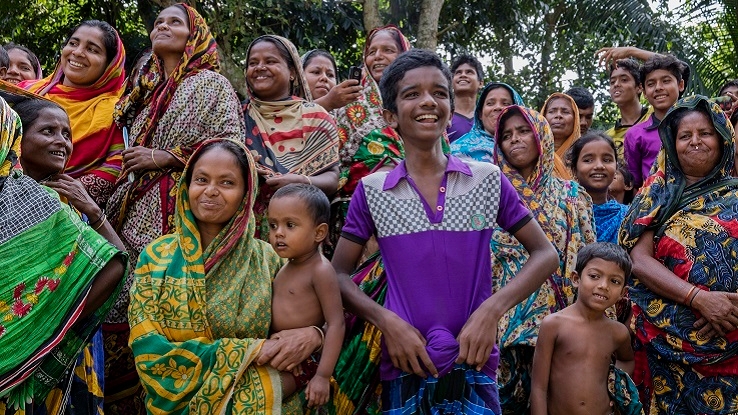Citizens play a critical role in advocating for transparency, holding public institutions accountable, and contributing to their effectiveness. They are also a source of innovative solutions to complex development challenges. Evidence shows that, under the right conditions, meaningful civic and citizen engagement (CCE) can strengthen governance, empower citizens, improve citizen-state relations, enhance public service delivery, and ultimately, contribute to more effective development and greater well-being.
Global research and practice have increasingly emphasized the need to make citizen engagement and social accountability practices more strategic and effective. The growing complexity of policymaking and the failure to adequately address pressing global challenges—such as climate change, health emergencies, inequality, conflict, and violence—have prompted governments, development institutions, civil society organizations (CSOs), and citizens to rethink approaches to dialogue, decision-making, and collective action, ensuring these efforts are more meaningful and impactful. This shift reflects a greater focus on overcoming barriers to effective engagement and understanding what approaches work, under which conditions, and why.
CCE can be transformative in critical investment areas. For example, in the renewable energy transition, active citizen participation can accelerate the adoption of sustainable practices and local solutions, foster community support, and secure social license for green projects that otherwise might not be viable. Similarly, in last-mile efforts for health care and pandemic preparedness, engaging citizens can improve the responsiveness and effectiveness of health initiatives, ensuring that remote and vulnerable populations receive timely and adequate care and are willing and able to receive critical interventions like vaccines.
However, the outcomes of meaningful engagement are highly context-specific and depend on the willingness and capacity of both governments and citizens to engage. Social, political, economic, environmental, cultural, geographic, and gender dynamics all influence the opportunities for and scope of effective citizen engagement. Understanding these contextual factors and fostering enabling conditions are essential for achieving results, particularly in today’s global environment of shrinking civic space.
Last Updated: Oct 03, 2025



